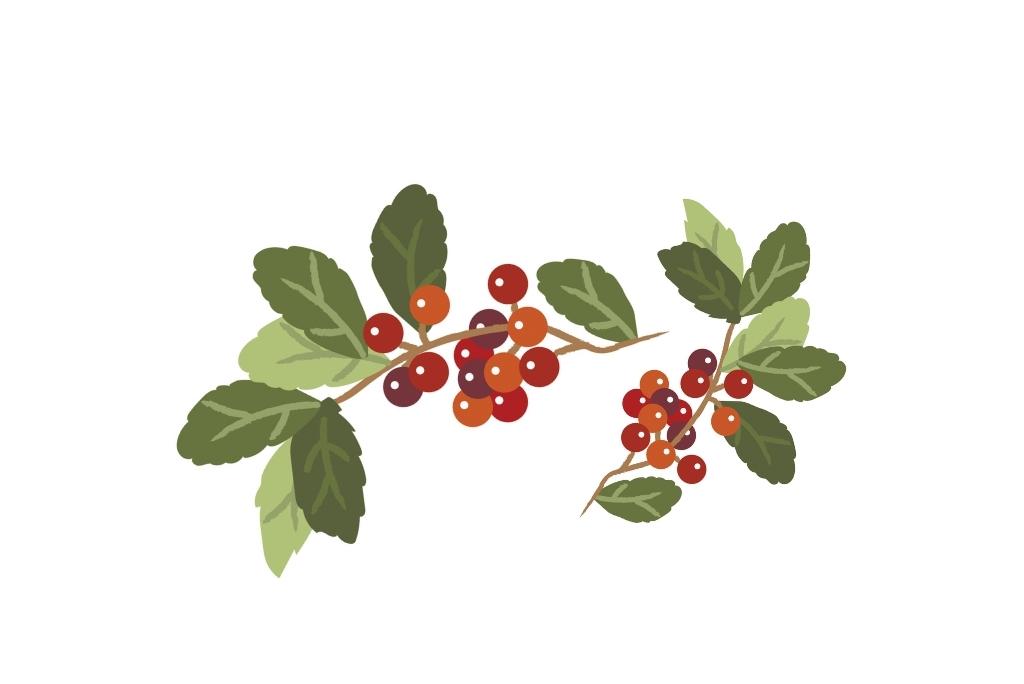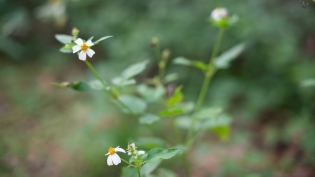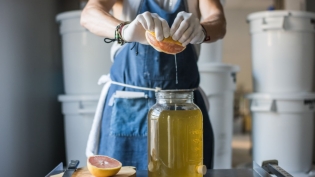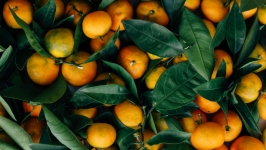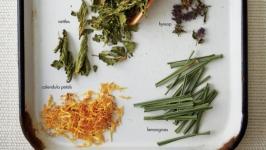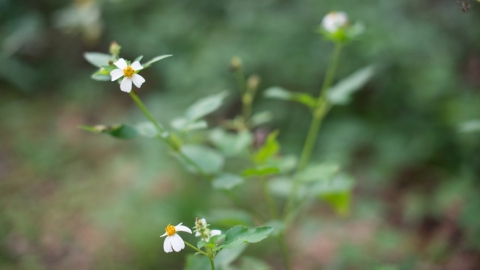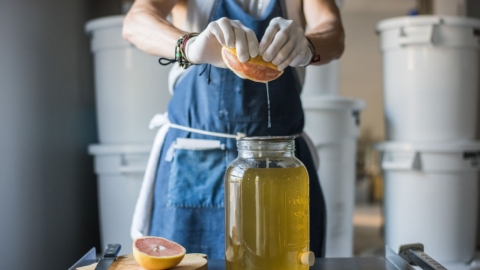Yaupon Tea
Anyone who was paying attention in junior high history class may remember that tea originated in China and was spread to India in an attempt by the tea-loving British to break the Chinese monopoly. Closer to home, tea played a significant role in American history, as the British Tea Act of 1773 became the final straw in a series of unpopular policies that ultimately compelled the Sons of Liberty to board three ships moored in Boston Harbor and destroy over 92,000 pounds of the British East India Company’s favorite export. Meanwhile, Southeastern American Indians were imbibing Yaupon, the only plant native to North America known to contain caffeine.
• Yaupon (pronounced YO-pon) — a name that comes from the word for “little tree” in the Catawban language — is an indigenous plant from the holly family. Research has shown that yaupon has a rich local history. In addition to being used as a daily social drink, Native Americans alsocemployed it as a ceremonial beverage and an energizingcdrink before battle. They also dried, packed and transported the leaves hundreds of miles as a means of trade and commerce.
• Early Colonists drank yaupon tea, and in 1700, the tea was even exported to Europe. But yaupon was eventually elbowed aside when drinking it became associated with not having the resources to afford imported tea. A brief revival resulted during the Civil War when imported goods were hard to come by, but decreased later as European teas became accessible once again.
Good news for locavores: yaupon is back (though, in reality, it never went away).
• This drought-tolerant plant grows from the East Coast to Texas. Florida’s sandy soils offer the perfect conditions for such a salinity-tolerant and adaptive plant. A perennial evergreen shrub capable of reaching approximately 30 feet in height, yaupon can be aggressive in its spread. But this characteristic, considered invasive by farmers who want to clear land for other purposes, makes it the perfect sustainable crop for the responsible producer and the informed consumer.
• A growing consumer interest has driven scientific and academic studies of yaupon’s biology, photochemistry and relevance to health promotion. Yaupon contains theobromine,the mood elevator familiar to lovers of bittersweet dark chocolate, which balances out the caffeine to reduce “jitters."
• Yaupon is also rich in polyphenols, micronutrients shown to support the prevention of degenerative diseases, particularly cardiovascular diseases and cancers. Its antioxidant properties are more stable than green tea and lower tannin levels means that it won’t become bitter with over-steeping.
• Science and research aside, yaupon continues to grow in popularity for its mildly sweet, roasted flavor and its uplifting, gentle boost. The tea can steeped by the same methods as any other loose leaf tea, served hot or iced for flavor ranging from a light nutty sweetness to a deeper,darker brew with no bitterness.
As St. Augustine’s own Cultivate Tea and Spice, Co. can attest, no matter how you steep it, wild-harvested yaupon is quickly becoming a favorite among North Florida locals.
Ready to sample some yaupon tea? Look for Cultivate Tea and Spice Company products at local stores or a farmers' market near you.


